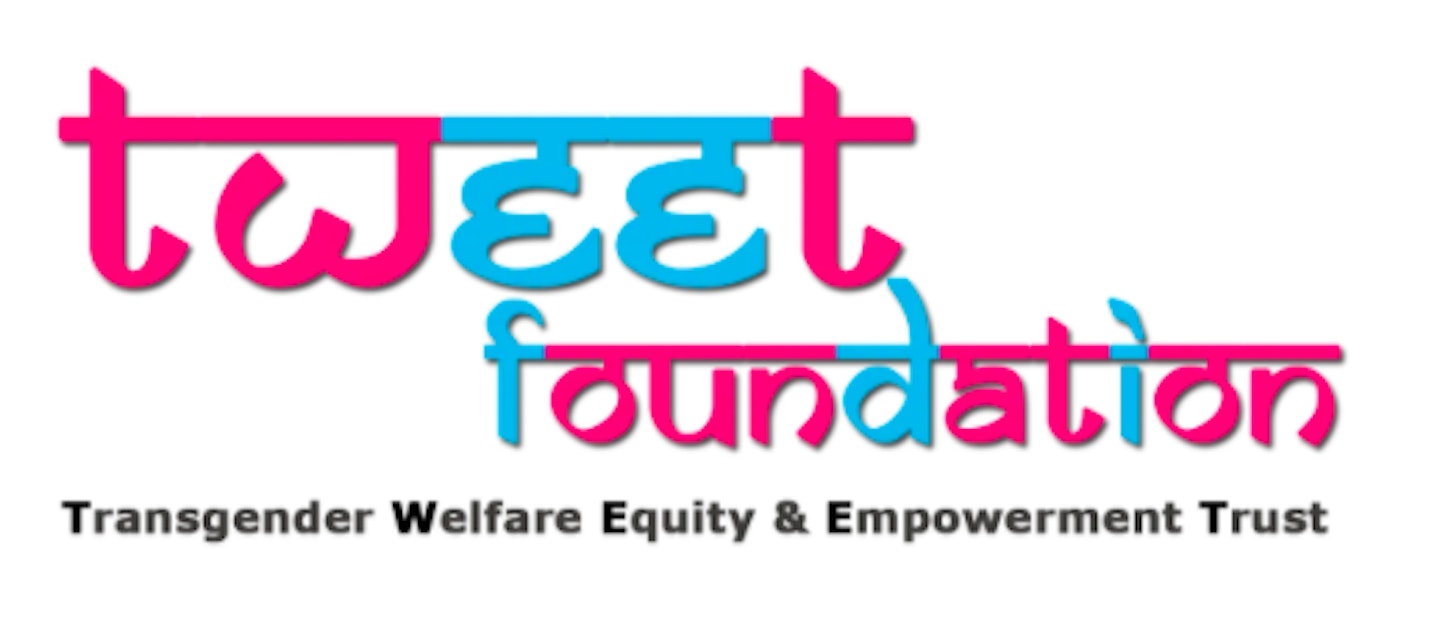This morning, it was announced that the number of people who have died with Covid-19 in India has surpassed 200,000 today. While the figure has been released by the Ministry of Health and Family Welfare, experts believe the death toll is actually much higher after local news organisations investigated and found much higher figures than the government is stating.
The situation less than 5,000 miles away from the UK is harrowing. Families are begging the government for support as oxygen supplies run low across the country and hospitals continue to crumble under the strain. People are dying waiting for hospital beds and countless are forced to treat Covid at home because of it.
Many are turning to black market drugs where supplies are low and prices continue to soar. Crucial drugs such as remdesivir and tocilizumab, and oxygen cylinders, are being offered on the black market but families can barely afford enough doses to treat dying loved ones and even when they do find the money, the drugs quickly sell out or become even more expensive.
There are even reports of people jumping from buildings after finding out they've tested positive, and videos on social media of bodies falling from packed ambulances driving to a crematorium.
In the last week, there have also been a string of accidents and natural disasters, from fires and oxygen leaks in two hospitals that have killed more than 30 people to a 6.4magnitude earthquake this morning that left a number of hospitals damaged.
Now, students in the UK have asked their universities if they can defer owed fees in order to send financial support home to family in India – where the healthcare system is a multi-payer model paid for by a combination of public and private health insurances, along with some almost entirely tax-funded public hospitals. The private sector is the dominant player in the healthcare arena in India because of severe shortages of staff and supplies at government facilities.
The UK donating 600 bits of medical kit will have a limited impact.
Leading scientists are now urging the UK to share Covid vaccines with India and other nations in dire straits as not only would it be the morally right thing to do, but it would reduce the spread of the virus and new variants around the world. So far, the UK have only donated 600 pieces of medical equipment to India including ventilators and oxygen concentrator devices.
Dr Zarir Udwadia, who sits on a committee advising the Indian government on Mumbai’s Covid response, said the donation was ‘a drop in the ocean’. ‘It’s a political gesture – this will have a limited impact at this stage, sadly. We are past the stage of that,’ he told BBC Radio 4’s Today programme.
The US has also been urged to donate vaccines after the White House said it would share up to 60million doses of the AstraZeneca vaccine when available but did not specify which countries would get what. ‘The US is sitting on a pile of AstraZeneca-Oxford vaccines – millions – which they aren’t using,’ Dr Udwadia stated. ‘Surely such vaccines should be donated to India.’
As is often the case, the public have taken on the burden of providing more help. ‘How to donate to India’, 'India Covid appeal' and 'Donate to India covid crisis' was trending on Google Trends in the UK this morning as people attempt to tackle the devastating situation themselves.
With that in mind, here are various resources you can donate to to help support India’s healthcare system and disaster response teams at this time. All of these charities are local, working on the ground in India.
How to donate to India's covid crisis
How To Donate To Help India's Covid Crisis - Grazia
 1 of 5
1 of 5Making the Difference
An Indian non-profit organization, Making the Difference is currently providing medical supplies for public hospitals and nursing homes in Mumbai, as well as food shopping and ration kits to daily wage earners.
 2 of 5
2 of 5Rapid Response
India's primary disaster-response service, Rapid Response has asked for donations to their Covid Relief Fund which supports government hospitals and care centres providing pulse oximeters, PPE, masks, hygiene supplies and beds. They also provide dry ration and safety kits to people that are poor, elderly, migrants, daily wage workers and sanitation or other front-line workers.
 3 of 5
3 of 5GiveIndia and SaveLife Foundation Fundraiser
GiveIndia and the SaveLife Foundation have joined forces for a fundraiser to augment the oxygen infrastructure and supply to aid in the efforts made by the Government and health authorities in Delhi.
 4 of 5
4 of 5Seva Kitchen
A nonprofit organisation in Nagpur, Seva Kitchen provides meal kits for marginalized communities and patients in hospital.
 5 of 5
5 of 5Tweet Foundation
The Transgender Welfare Equity and Empowerment Trust (Tweet) has been creating and funding shelter homes for transgender people in Delhi throughout the pandemic. While they only take donations directly from US and India residents, they are also hosting a fundraiser on Milaap for transgender people in Mumbai who need shelter.
Read More:
Coronavirus And Hygiene Poverty: Here's How To Donate To Beauty Banks
A Viral Reminder That 'Social-Distancing Is A Privilege That Poor People Cannot Afford'
